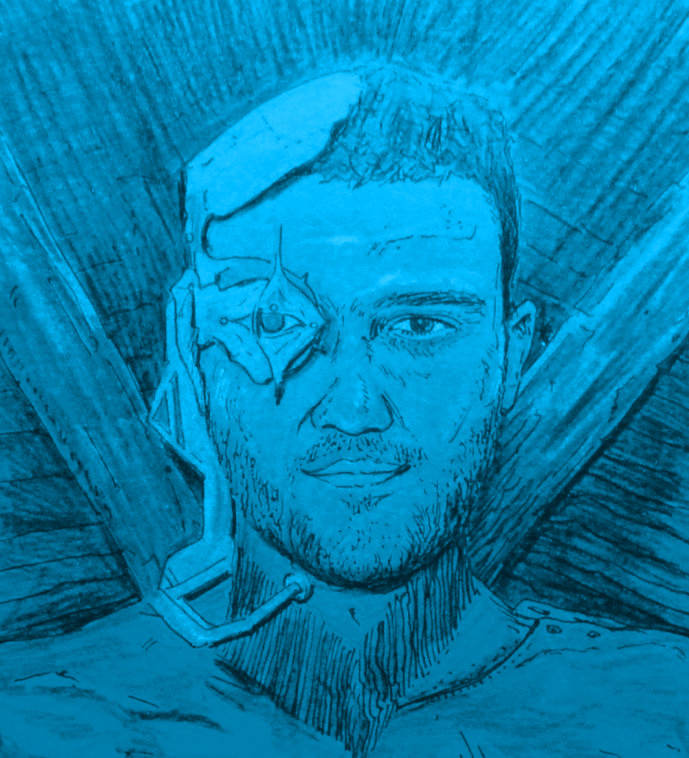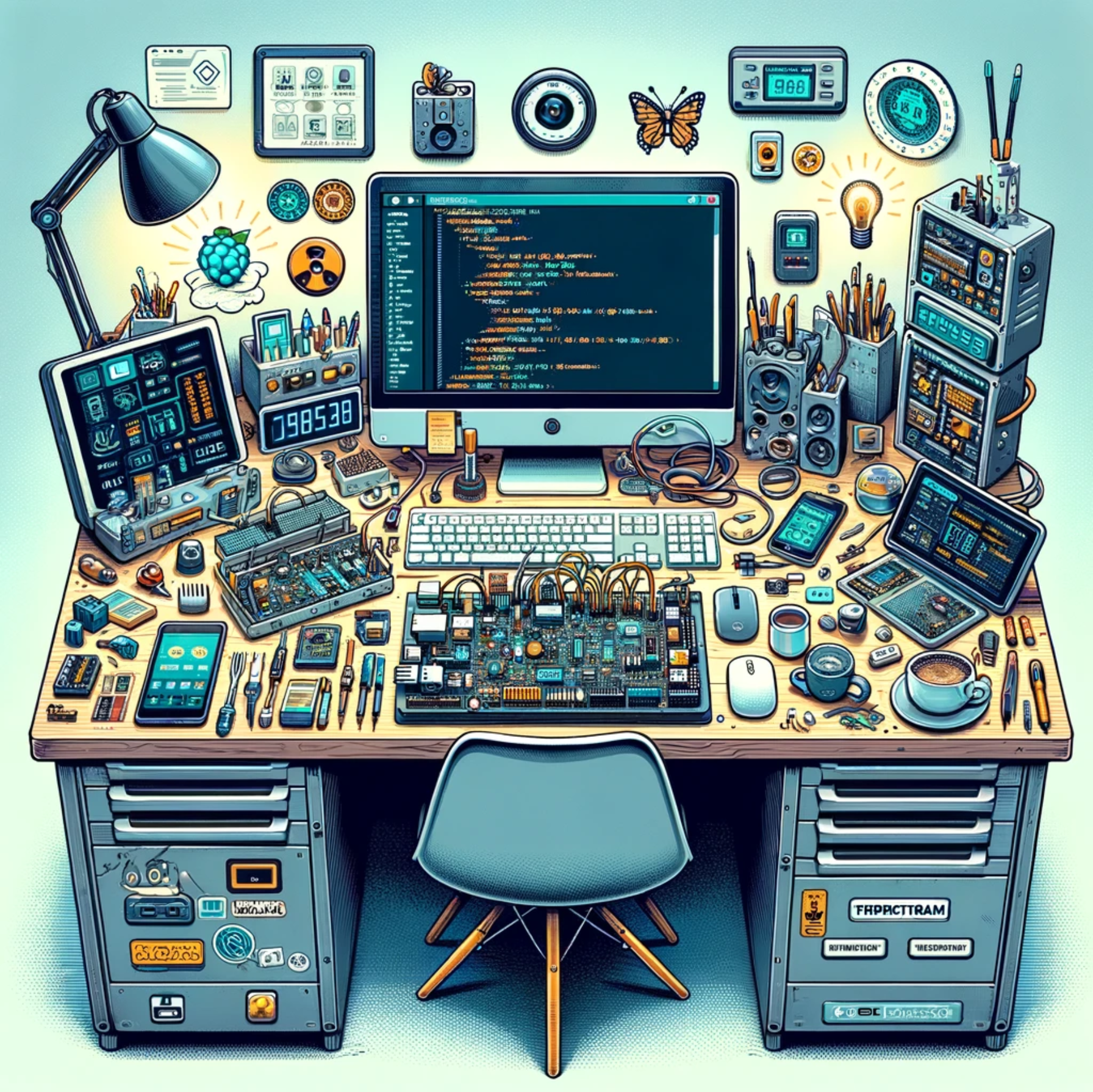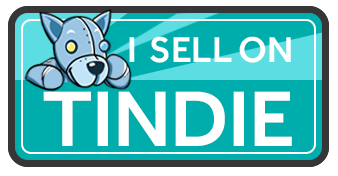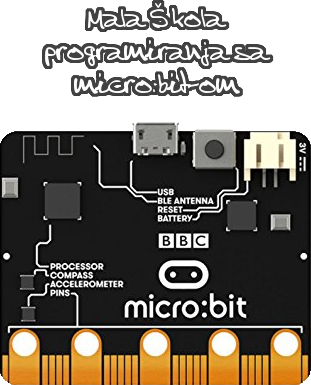Introducing the `Full-Stack IoT Developer`: Navigating the Challenges of a Connected World
Introducing the “Full-Stack IoT Developer”: Navigating the Challenges of a Connected World
The rapid evolution of the Internet of Things (IoT) has blurred the lines between hardware and software development, giving rise to a new breed of technologists: the “Full-Stack IoT Developer.”
You may not have heard this term before, and I might be the one coining it. But what does it truly describe?
This term should represent the unique skill set of professionals who design both the hardware and software aspects of IoT devices (partially or in full), enabling seamless communication through Bluetooth, Wi-Fi, Zigbee, or LoRaWAN with the interfaces that allow us to interact with our gadgets.
Whether it’s a sleek web dashboard to monitor your smart home or a mobile app that lets you control your lights with a swipe, they ensure that the conversation between humans and machines is smooth, intuitive, and sometimes, a bit magical.
However, the emergence of the Full-Stack IoT Developer role also raises important questions about the feasibility of mastering such a diverse range of technologies.
As the scope of knowledge required expands, it becomes increasingly challenging for a single individual to maintain expertise in all areas and deliver the highest quality products.
I’m concerned it’s pretty unsustainable, yet I see emerging startups demanding such a complex skill set.
So, why was this integration possible at all?
Well, my assumption is that higher quality and more available development tools, open technical documentation, and the penetration of technology use in every aspect of life have made it easier to bridge the gap between software and hardware.
This trend enables software developers to venture into hardware projects with greater ease. Simultaneously, it allows hardware developers, traditionally accustomed to a slower pace and older methodologies, to embrace modern software technologies like NodeJS, Laravel, VueJS, and Kotlin.
And, there we go, “Full-Stack IoT Developer”




